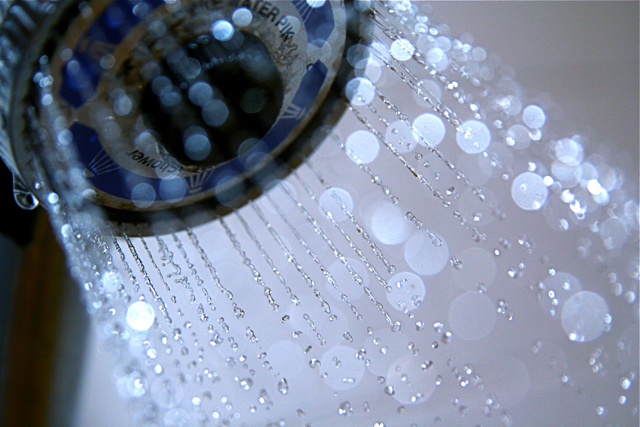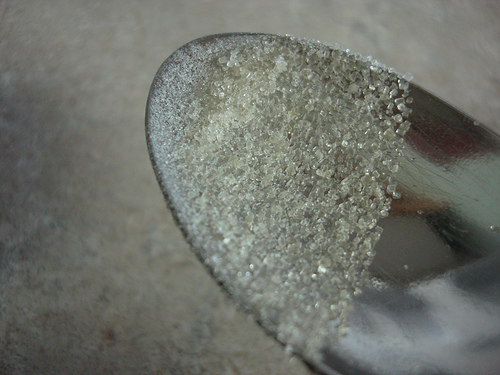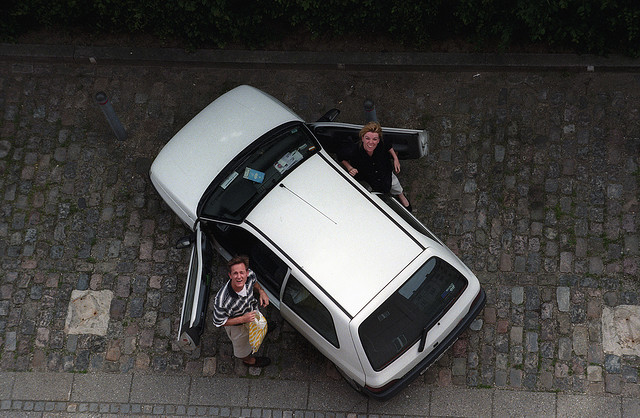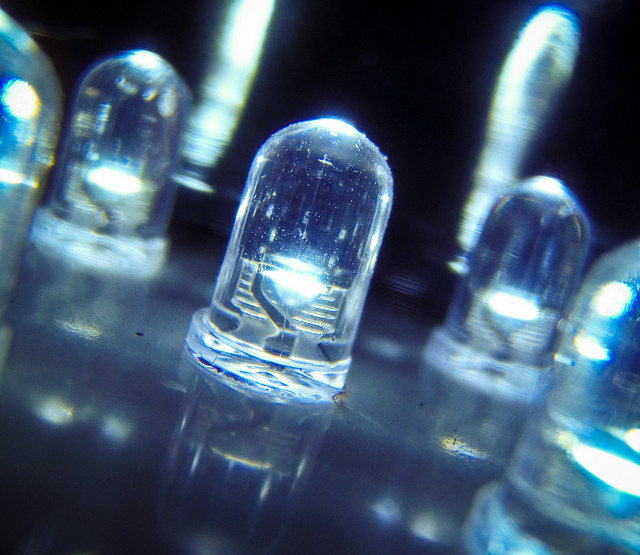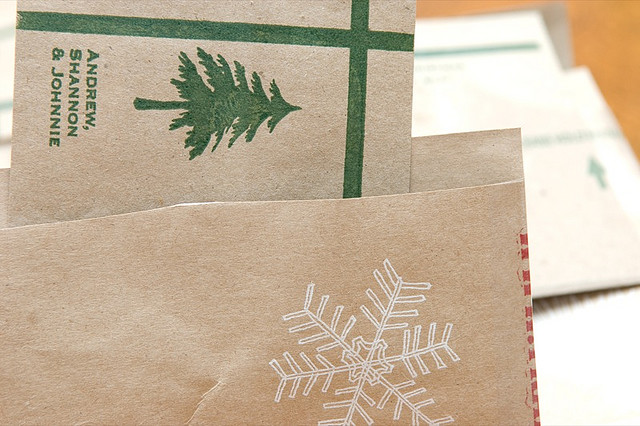It's January and we bring you another part of our 5 monthly tips for an instant green change in your lifestyle. They cost you close to no time, save you money, improve your health and you'll be doing something good for the environment! Just don't be put off by the "One person can't make a change" argument.
Feel free to add your own tips on how to make a greener living in the comment section below and we'll include them in the next month's list.
-
Bathe less, shower more. Heating water consumes a lot of energy, costs a lot of money, and too much bathing or prolonged showering can cause health problems, too! Chlorinated water is safe to drink, but when you breathe the chlorine from the hot shower steam, you inhale chlorine in relatively high concentrations which are a hazard to your health. Also install a low-flow shower head that uses only half as much water than a regular one. Only 61% of Canadian households used one in 2007!
Shower Head by
Steven Depolo
-
Buy unrefined raw sugar (not brown sugar!). When it comes to choosing which kind of sugar to use, there is no doubt that unrefined raw sugar is the best choice both for your health and for the environment. White sugar is completely devoid of all nutrients in comparison with its raw counterpart and is made from raw sugar using a number of chemical manufacturing procedures aimed at bleaching, purifying and filtering to make the sugar snow-white. Oddly, the worst choice is brown sugar which is made by mixing refined white sugar with molasses syrup, then drying it again, so it only adds another step in the process. The shorter the food processing sequence, the lower air pollution and waste produced.
Raw sugar on a spoon
on a photo by Ayelie
-
Share a car ride with your colleagues. Car sharing has been a popular topic for a number of years, also actively promoted by the authorities. An average car commuter drives around 20 kilometres a day. Cutting that by half through car sharing saves around 400 kilograms of carbon dioxide over one year, or about 170 litres of petrol. If you're not participating in a car sharing scheme run by your company, take the time to organize your friends or colleagues with similar commuting habits and save money, have a chat with your driver or passengers and help the environment.
Carsharing!
Photo by Lars Plougmann
-
Invest into installing LED lights. Next time you need to change a bulb, consider switching to a LED light. There are plenty of these in electrical appliances stores nowadays. LED lights are far more expensive, but last up to 50 times longer than ordinary bulbs and save 80 to 88 per cent on energy consumption. Unlike fluorescent bulbs, LED lights doesn't contain highly toxic heavy metals, which represent health hazard, and their light spectrum is closer to natural daylight.
LED by Mike Deal
-
Recycle your Christmas tree. When the time finally comes to undo the bulbs and other ornaments, before the Christmas tree's needles end up all over your place, think about a proper disposal of your holiday's symbol. The City of Toronto collects 100,000 natural Christmas trees each year and turns them into compost. Just check your collection calendar for Christmas tree collection day or call 311. They run until late January.
Recycled Christmas Cards
by Andrew Storms


